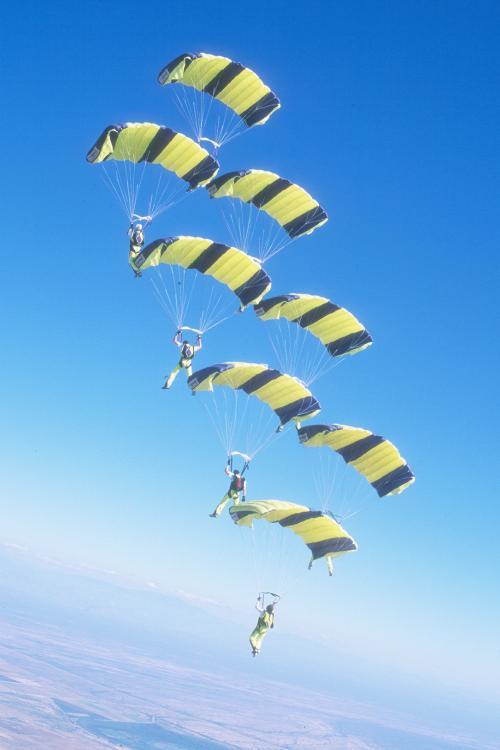Recommended Posts
quack 0
QuoteWow, not sure what all that means, but I have been jumping long enough to have seen a big cross section of the sport, in other words, not "one number" but a fairly large sample.
Sample size doesn't really mean anything with the point I'm making. The 'one number' I'm referring to is the numerical ranking of one risky activity over another. Comparisons are made between risks all the time, especially in the media.
None of these comparisons do justice to the thing at hand, because as soon as one starts to compare an apple to an orange, or an apple to a different kind of apple, it loses meaning.
Risks, such as skydiving, are inherently complex. Trying to say skydiving as an acitivity is safer or less safe than another activity is futile. A person can use statistics to back up their point, but as soon as the 'other' activity is stated, the listener will form their own opinion, based on their own knowledge and experience. Many of the posts in this thread have indicated that.
No risks are the same to any two persons.
But you have to understand, mental illness is like cholesterol. There is the good kind and the bad. Without the good kind- less flavor to life. - Serge A. Storms
Quote
None of these comparisons do justice to the thing at hand, because as soon as one starts to compare an apple to an orange, or an apple to a different kind of apple, it loses meaning.
a dodge worthy of Speakers Corner.
Come on.
Quotei was told skydiving was safer than the car ride to the DZ
1) Skydiving is not safe.
2) Stay in this sport long enough, and soon you will know someone who's died doing it.
3) Of all the people I've met in my 43 years of life and the great people I have met skydiving in my 4 1/2 years in the sport. I can't think of a single person I know who has died in an automobile accident (I know I'm lucky), but I'm already starting my second hand for the number of dead friends due to some form of jumping.
4) My closet brush with death occured as a passenger in a high speed car accident years ago. So I don't want to be too much of a hypocrite with this post.
Anyway I'm not in conflict with all the things you've said. I just wanted to point out the dead friends thing. Who's next? You? Me? Are the rewards worth the risks? Often ... but not always.
Try not to worry about the things you have no control over
QuoteI imagine they're better than the norm at handling lousy situations (not panicking, processing the visual quickly), but worse than average at putting themselves in a more vunerable situation to need that superior ability.
I was kind of hoping it would be the other way around. The skydiver would have developed good judgement through jumping of knowing when to take the risks and when not to and to rely on one's reflexes as a secordary thing. That's a sign that the jumper is trying to stay ahead of the 8-ball and not getting caught behind it.
Try not to worry about the things you have no control over
quack 0
QuoteQuote
None of these comparisons do justice to the thing at hand, because as soon as one starts to compare an apple to an orange, or an apple to a different kind of apple, it loses meaning.
a dodge worthy of Speakers Corner.
Come on.
dodge?? I'm not following you.
I'm giving my opinion on the topic.
But you have to understand, mental illness is like cholesterol. There is the good kind and the bad. Without the good kind- less flavor to life. - Serge A. Storms
fastphil 0
I can remember times when the real risk taking at the DZ started after the last load of the day (like riding the rotating beacon 150 ft AGL, doing motorcyles 130 MPH on the runway, etc.)...






Share this post
Link to post
Share on other sites